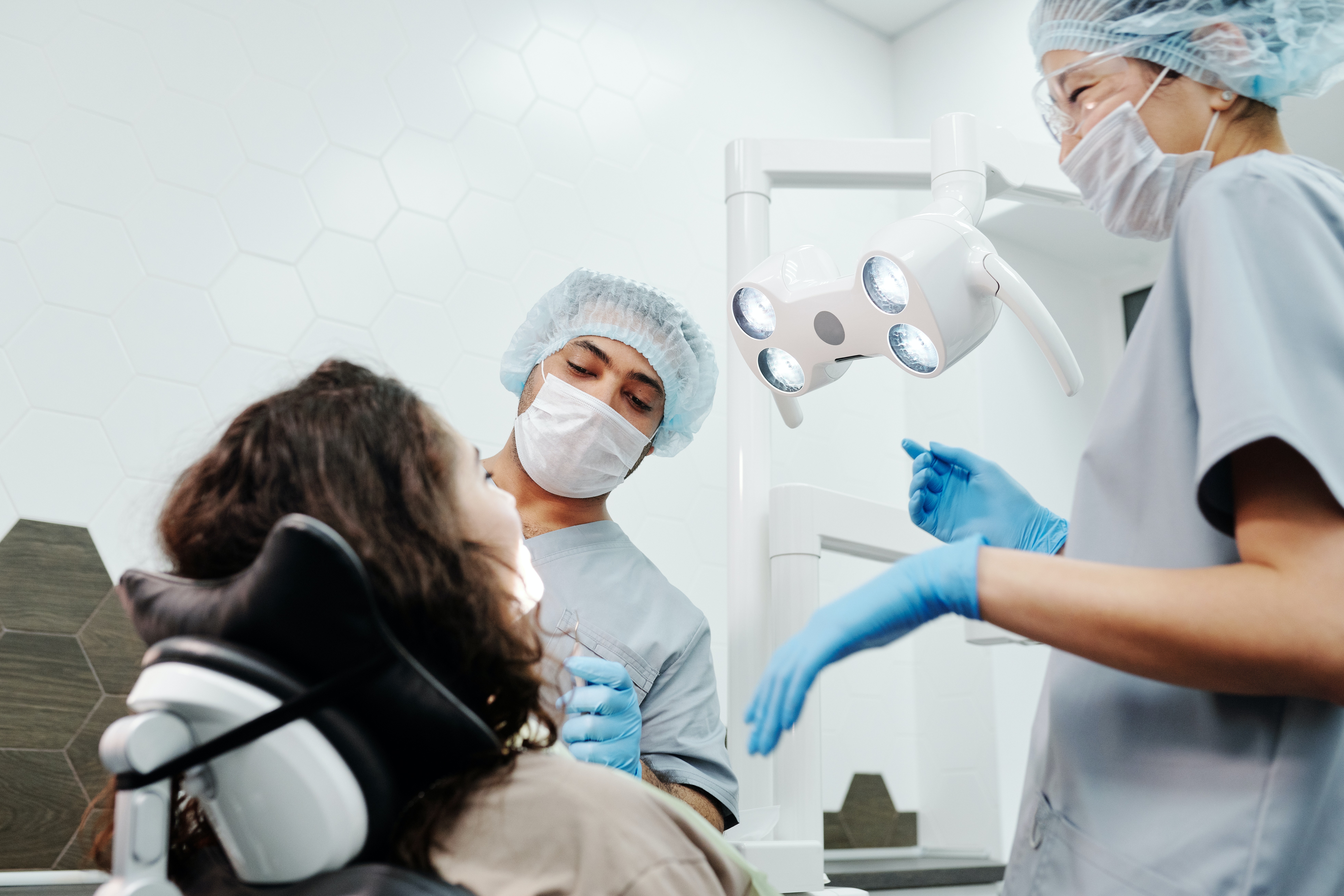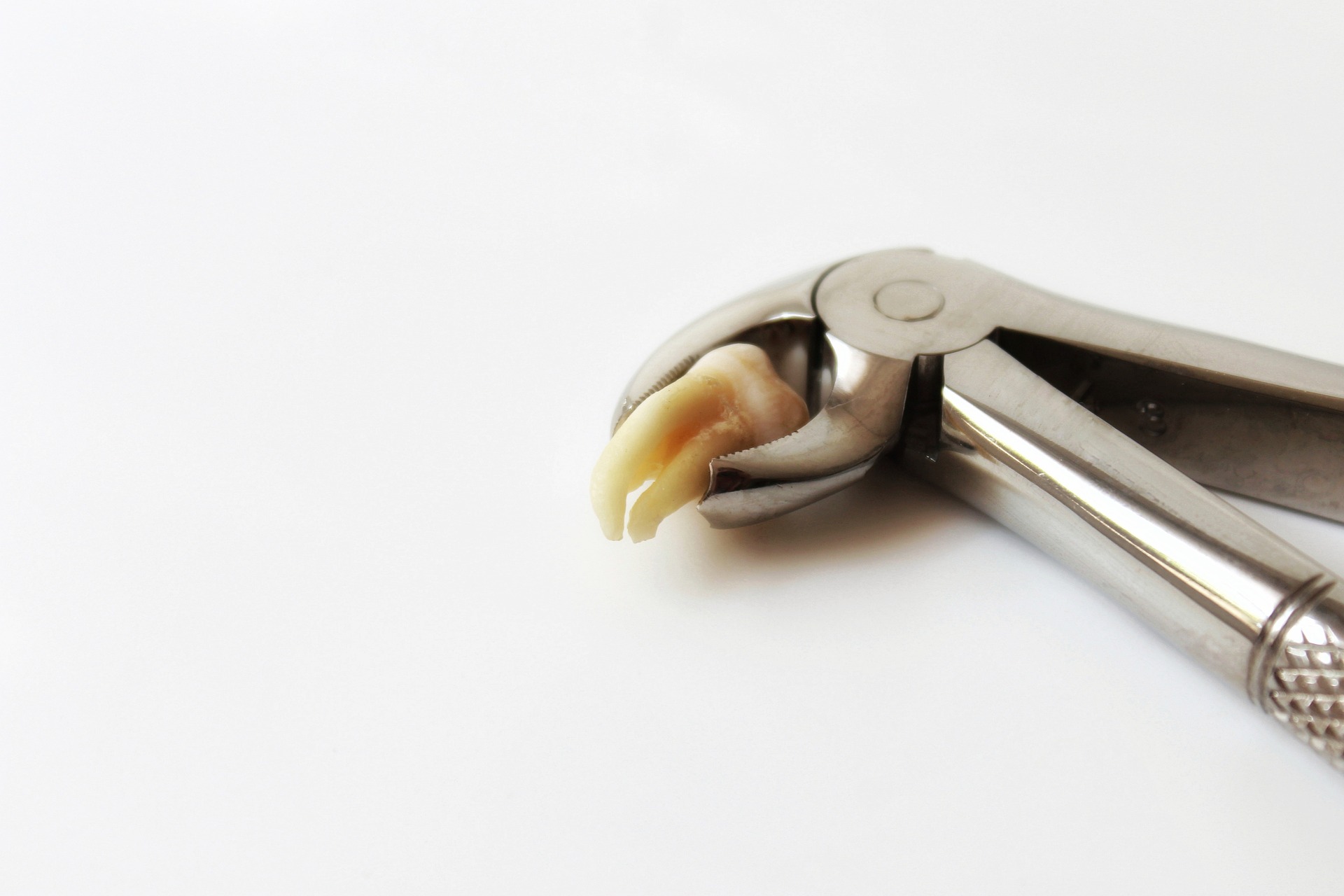Everything You Need To Know About Oral Surgery
Posted by SoCal Oral and Maxillofacial Surgery Sep 26, 2023

Whether you're facing a tooth extraction, dental implant placement, or corrective jaw surgery, it's natural to have questions and concerns. We understand that oral surgery can be intimidating, but fear not - we're here to provide you with everything you need to know about this specialized branch of dentistry.
In this comprehensive guide, we'll walk you through the common types of oral surgeries performed, what you can expect during the procedure, and how to ensure a smooth recovery with proper post-operative care. So buckle up and prepare yourself for a journey into the world of oral surgery – it's going to be informative and enlightening!
Common Types of Oral Surgery
When it comes to oral surgery, there are several common types that you should be aware of. These procedures can help address a variety of dental issues and improve your overall oral health.
- One common type of oral surgery is tooth extraction. This procedure is typically done when a tooth is severely damaged or decayed beyond repair. It may also be necessary if you have overcrowded teeth or need to make room for orthodontic treatment.
- Another common type of oral surgery is wisdom teeth removal. Wisdom teeth, also known as third molars, often become impacted or fail to erupt properly. This can cause pain, infection, and damage to surrounding teeth if left untreated. Removing the wisdom teeth can alleviate these issues and prevent future complications.
- Oral surgeons also perform procedures such as dental implants and bone grafting. Dental implants are used to replace missing teeth by surgically placing artificial tooth roots into the jawbone. Bone grafting involves adding bone material to areas with insufficient bone density in order to support dental implants.
- In addition, oral surgeons may perform corrective jaw surgery (orthognathic surgery) for patients with misaligned jaws or facial asymmetry. This procedure aims to improve both function and appearance by repositioning the jawbones.
These are just some examples of the common types of oral surgeries performed by professionals in this field. If you have any concerns about your dental health or think you might benefit from an oral surgical procedure, consult with a qualified dentist or oral surgeon who will guide you through the process based on your specific needs.
What to Expect During the Procedure
During the oral surgery procedure, you may be feeling a mix of anticipation and anxiety. It's completely normal to feel this way, as any medical procedure can be both exciting and nerve-wracking.
Your dentist or oral surgeon will thoroughly explain the entire process to you beforehand. They will discuss what specific type of oral surgery you are undergoing and answer any questions or concerns you may have. This clear communication is vital in ensuring that you fully understand what to expect during the procedure.
On the day of the surgery, make sure to arrive early so that all necessary paperwork can be completed. Once it's time for your procedure, you will be given anesthesia to ensure that you are comfortable throughout the process. The level of anesthesia used will depend on the complexity of your surgery and your personal preferences.
Once you are under sedation, your dentist or oral surgeon will begin performing the necessary surgical steps with precision and care. They may use specialized tools and techniques depending on the nature of your particular case.
Throughout this entire process, remember that communication is key! Don't hesitate to ask questions if something feels uncomfortable or unclear during the procedure.
Understanding what to expect during an oral surgery procedure can help alleviate some nerves and anxieties associated with it. Clear communication between yourself and your dental professional is crucial in ensuring a smooth experience from beginning to end
Recovery and Post-Operative Care
Recovery after oral surgery is an important part of the overall treatment process. Following the procedure, it is crucial to take proper care of your mouth to ensure a smooth and successful healing process.
- One of the key aspects of post-operative care is managing pain and swelling. Your oral surgeon may prescribe pain medications or recommend over-the-counter options to help alleviate any discomfort. Applying ice packs to your face can also help reduce swelling in the first 24 hours after surgery.
- It's essential to maintain good oral hygiene during recovery but be gentle around the surgical site. Avoid brushing or flossing directly on the area for a few days, as this can disrupt the healing process. Instead, rinse your mouth with a saltwater solution several times a day to keep it clean.
- Eating soft foods and avoiding hot liquids or hard and crunchy foods will prevent unnecessary irritation to the surgical site. Stick to nutritious options like soups, yogurt, mashed potatoes, and smoothies that are easy on your mouth while providing necessary nutrients for healing.
- Follow all post-operative instructions provided by your oral surgeon carefully. This includes attending follow-up appointments so that they can monitor your progress and address any concerns you may have.
Remember that everyone's recovery experience may vary slightly depending on factors such as their overall health and the type of procedure performed. If you have any questions or experience unexpected symptoms during recovery, don't hesitate to reach out to your oral surgeon for guidance and support.
Conclusion
Oral surgery is a specialized branch of dentistry that focuses on diagnosing and treating various conditions affecting the mouth, jaw, and facial structures. It encompasses a wide range of procedures to improve dental health, alleviate pain, enhance aesthetics, and restore functionality.
If you require any type of oral surgery in the future or are considering it as an option for addressing a particular concern related to your dental health or appearance, be sure to schedule a consultation with our qualified professional who can guide you through every step of the process.
With advancements in technology and surgical techniques along with skilled professionals in this field; rest assured that undergoing necessary oral surgeries can help improve your quality of life by eliminating discomforts associated with certain conditions while enhancing both function and aesthetics.
So take charge of your dental health today! Don't hesitate to explore how appropriate oral surgery can benefit you in achieving optimal wellness. Remember- maintaining regular check-ups with your dentist remains essential even after undergoing any kind of surgical intervention!
Now go ahead - book that appointment - because taking care of your smile is worth every effort!
Location
13522 Newport Avenue, Suite 109,
Tustin, CA 92780
Office Hours
MON8:00 am - 5:00 pm
TUE8:00 am - 5:00 pm
WED8:00 am - 3:00 pm
THU8:00 am - 5:00 pm
FRI7:00 am - 3:00 pm
SATClosed
SUNClosed
SoCal Oral and Maxillofacial Surgery
Location
13522 Newport Avenue, Suite 109,
Tustin, CA, 92780
Phone: (714) 730-6767Text Us: (714) 730-6767





